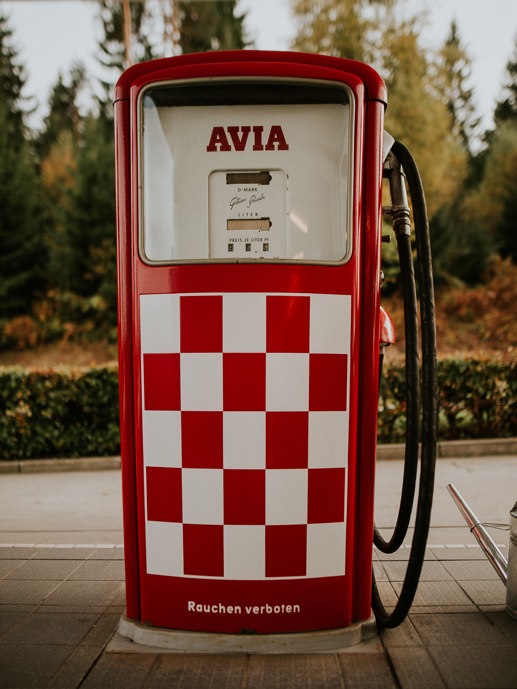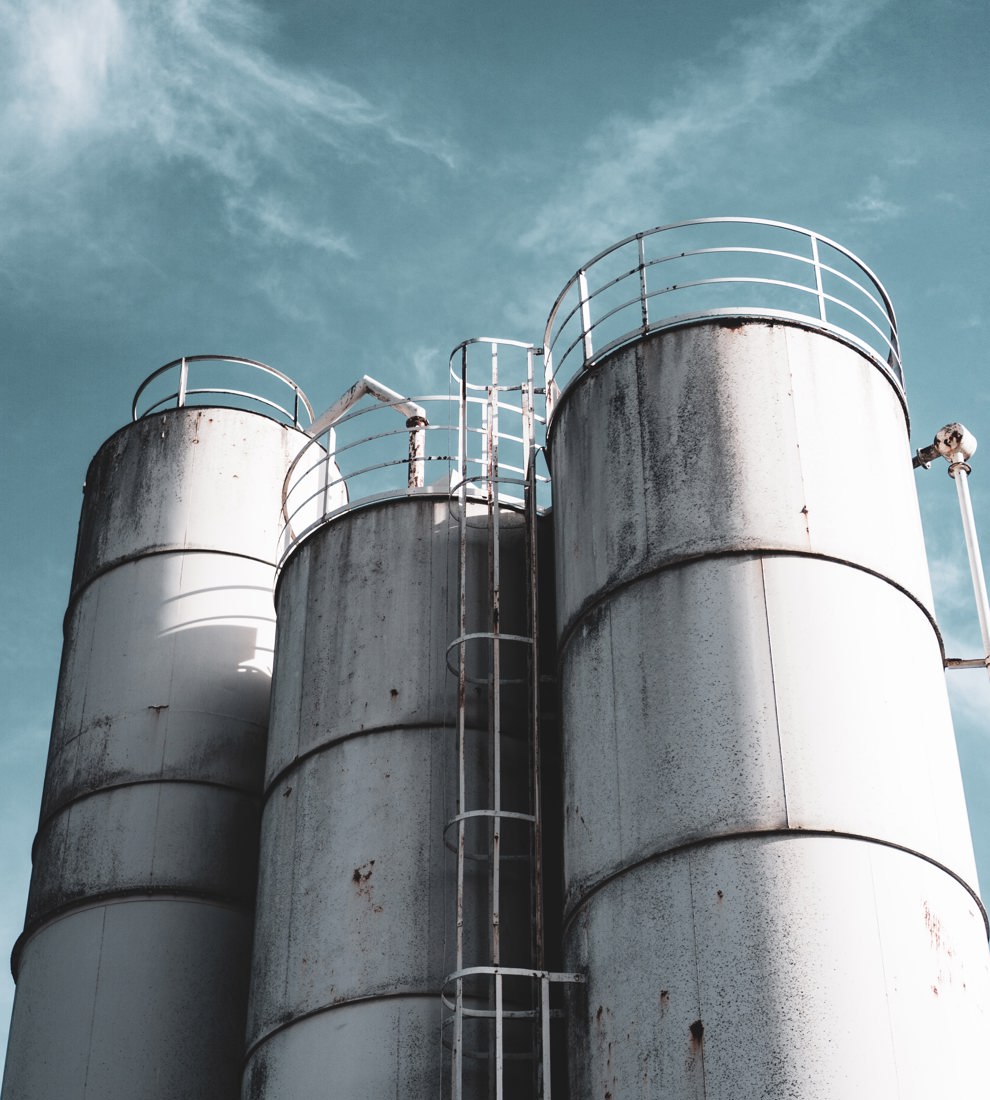Climate targets set the goalposts. We determine how you can score goals.
We all know that reducing greenhouse gas emissions is a global priority. What our clients need is a range of options for how to do it, detail about the associated impacts, costs and benefits and how these differ across sectors, technologies and over time.
On the demand side, the pressing need is for behaviour change in a wide range of areas: choices over types of transport or heating, use of materials, rates of recycling and food consumption decisions.
On the supply-side, we need a range of new technologies to be developed. Some of them are available now, others still need trialling or new research. Almost all of them need to reduce on cost.
Meeting these challenges requires balancing market instruments and market design with the use of new rules, standards, taxes or other more direct interventions. We have complete command over the analytical techniques to examine the technological, behavioural and policy option details.










